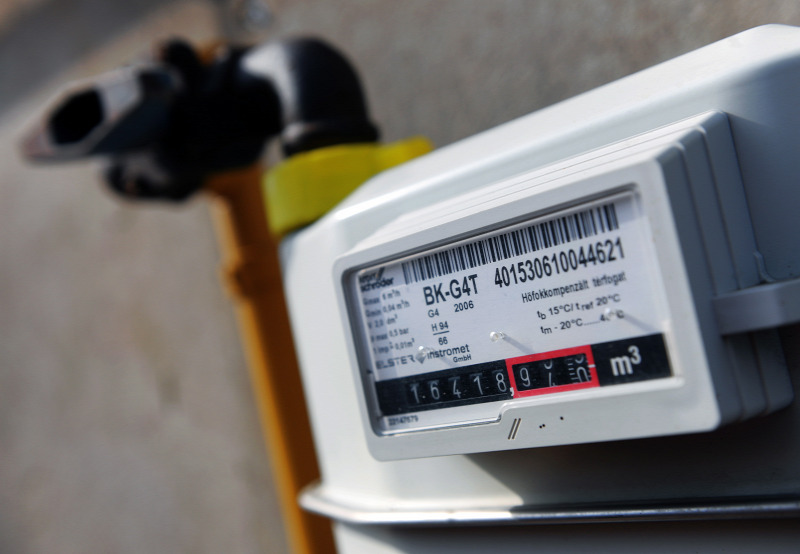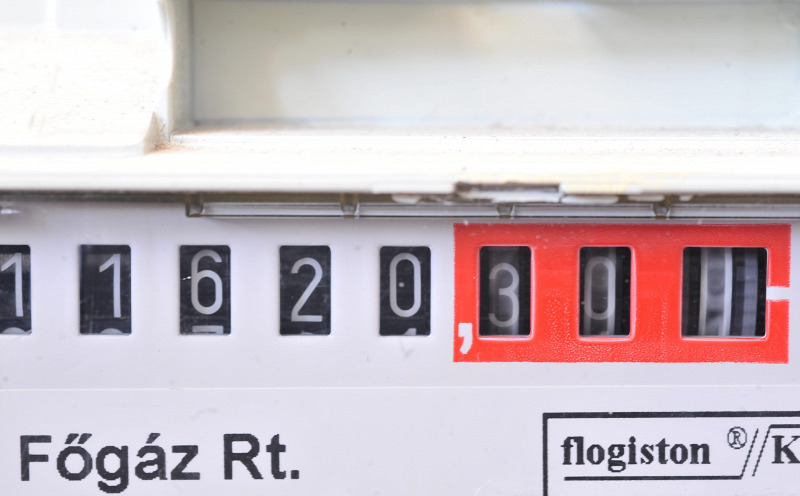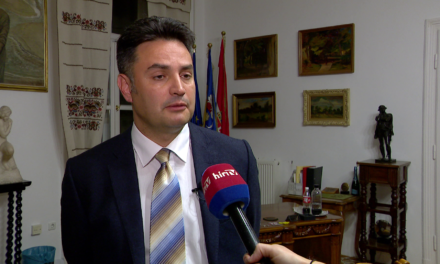Overhead legend, huge lie, sham measure - this is how the left questions the results of the overhead reduction
In addition to the criticism cited by Márki-Zay, Szél Bernadett, the former Prime Minister candidate of the LMP, and the current parliamentary representative candidate of Momentum, in January called the overhead reduction an "overhead legend", mentioning that "instead of a real reduction, there is state price intervention", while Márta V. Naszályi, a member of the Párbeszéd presidency According to him, "reducing overheads is a huge lie". Similarly, Máté Kanász-Nagy, the co-chairman of the LMP, suggested in his press conference that the utility reduction was a "show measure", the intention behind the introduction of which was that the government would pay on the water, gas and heating bills, as well as the bank account can announce "propaganda measures" on extracts. The Green Party politician added that "Viktor Orbán cares about propaganda and appearance". It is therefore obvious that Péter Márki-Zay and his allies devote a prominent role in their election campaign activities to denying or ignoring the benefits of utility reduction, giving the impression that utility reduction is a campaign trick without any substantive content.
The reduction in utilities means HUF 2,600 billion relief for Hungarian households
It is important to note that the current criticisms of the city manager of Hódmezővásárhely and the prominent left-liberal forces supporting him about the apparent, imperceptible nature of the utilities reduction - similar to the claims made in connection with the sustainability of the measure - do not embody a substantively different utility political approach to the left-wing opinions represented in recent years compared to
It is worth recalling that in 2013, Imre Szabó from the Hungarian Socialist Party saw that the government "did not add a single forint to the substantial utility reduction program and did not help the needy", while his party colleague, Nándor Gúr, said that "the 10 percent utility reduction in general, it does not bring anything". In 2014, Erzsébet Schmuck, the current co-chair of the LMP, spoke of a "non-existent overhead reduction", László Kiss, former MSZP and current politician of the Democratic Coalition, urged "real actions" instead of "arbitrary talk", and Lajos Kepli, a former Jobbik member of parliament, believed , that "in society as a whole, the effect of this utility reduction is not felt". Also in the colors of Jobbik, Lóránt Hegedűs claimed even in 2017 - the fifth year of the utility reduction program - that "there is no question of utility reduction".

PHOTO: MTI/TIBOR OLÁH
Against the claims of the left, it is important to emphasize that thanks to the utility reduction, Hungarian households saved a total of HUF 2,600 billion from the introduction of the measure until 2021.
A household was able to spend a total of HUF 627,000 - HUF 6,000 on a monthly basis - for purposes other than their utility bills.
Before the introduction of the utility reduction, between 2005 and 2012, as a result of the increase in utility fees, a household had to calculate an average additional cost of HUF 768,000 when paying utility bills, which represented a burden of HUF 9,000 per month. Another interesting fact is that, thanks to the utility reduction program, the proportion of expenditures on public utilities was almost halved, from 14 percent to 8 percent, between 2012 and 2019. Although the significant increase in income experienced during the period allowed for a larger, 60 percent increase in expenses (from HUF 275,000 to HUF 411,000 per month), the average overhead costs still decreased (from HUF 38,500 to HUF 35,280 per month). Thus, overall, the reduction in overheads resulted in a 54 percent reduction in expenditure on overhead items compared to all expenditure items. In light of this, it can be stated that, as a result of the utility reduction, households were able to significantly increase their spending on education, health, transport or entertainment, both proportionally and nominally. before that, the left took it from them.
We must also not forget that if market pricing - proposed by Péter Márki-Zay and his left-liberal partners - had come into effect in 2021, then this year alone an average Hungarian family would have had to pay HUF 366,000 more for utilities.
The average annual energy costs of a single person would have increased from HUF 190,000 to HUF 450,000, and that of a family of eight from HUF 480,000 to HUF 1.1 million in 2021, if the left-wing utility policy had prevailed. In addition, as a result of market pricing, the proportion of energy-poor households would have risen to 12 percent by 2021. In other words, the number of families struggling with heating difficulties would have increased from the current 172,000 to 520,000, meaning that last year, on average, more than one million people would have had to give up the comfort of a heated home if the market pricing advocated by Márki-Zay had been introduced.
In summary, it can be concluded that Péter Márki-Zay is following the same path as the left-wing parties since 2013 with his communication covering up the positive effects of the utility reduction. Therefore, Márki-Zay did not change the fundamentals of the left-liberal bloc's overhead policy, he merely attempted to disguise them politically by announcing the "smart overhead reduction".
Source: hirado.hu / MTI













